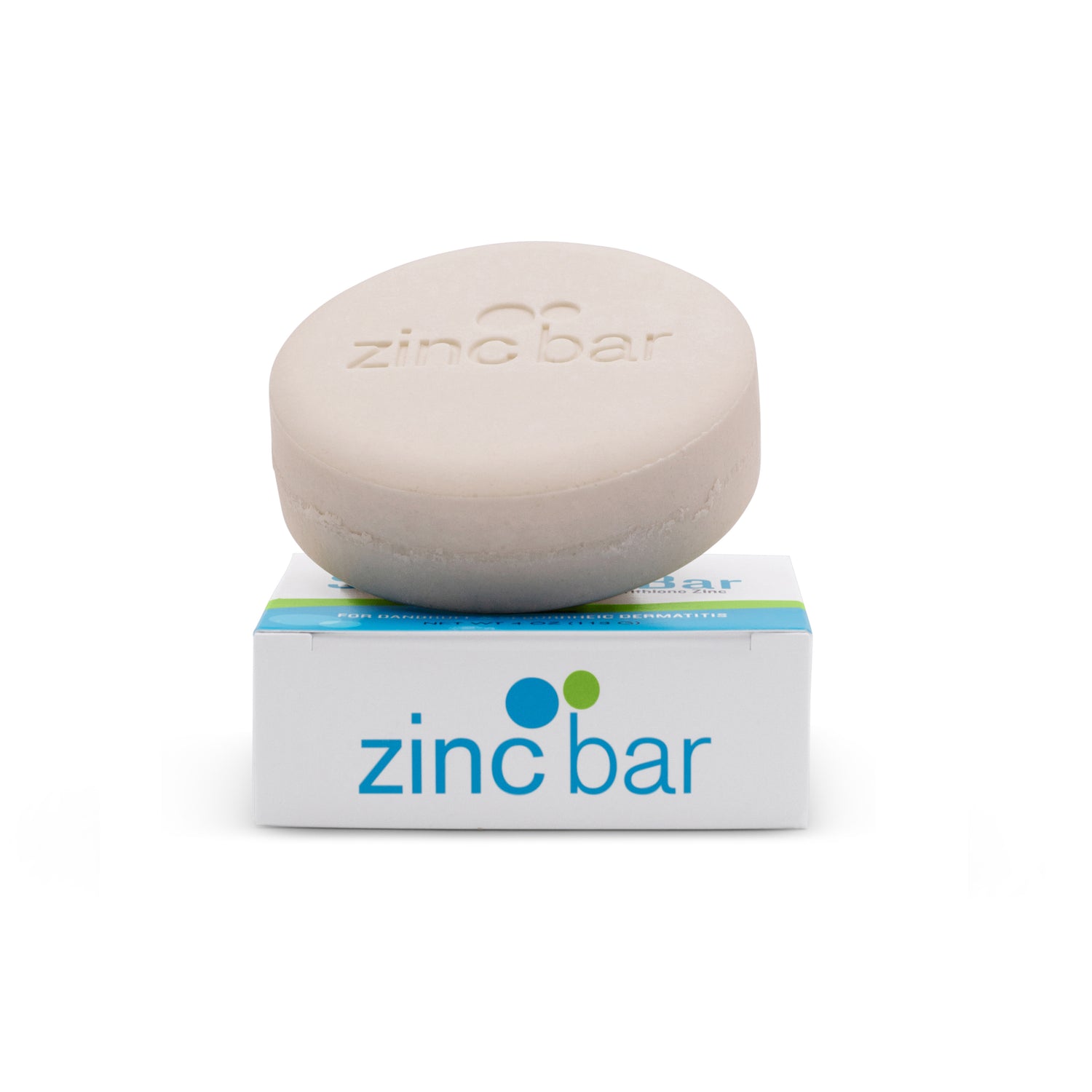Betaine
Betaine, a molecule referred to in biochemistry as trimethylglycine (TMG), is a non-essential nutrient obtained by humans from various foods sources, including beets, spinach, broccoli, and whole wheat. By non-essential, it is meant that the body can manufacture betaine from other, parent molecules. Its main purpose in the body is to facilitate necessary chemical processes by carrying and donating methyl functional groups. These methyl groups are important to optimal liver function, cellular replication, and detoxification. Betaine, or TMG, is also involved in the manufacture of carnitine, and helps protect the kidneys from damage.
Betaine HCl, or betaine hydrochloride, is an supplemental, chloride-salt form of betaine that is useful as a digestive aid. Betaine HCl serves as a good source of hydrochloric acid (HCl), which, while occurring naturally in the stomach juices to help break down sugars and proteins, may be present at suboptimal levels in some individuals under certain conditions.
Supplemental betaine HCl also assists in normal absorption of vitamin B12, iron, calcium and protein. It helps protect the stomach from orally ingested pathogenic organisms, and prevents overpopulation of certain bacteria and fungi in your small intestine.
Some studies indicate that patients with chronic disorders, such as gallstones, asthma and allergies, do not produce enough stomach acid. Production of stomach acid also tends to decrease naturally with age. This situation can lead to a condition known as hypochlorhydria, where insufficient acid makes it difficult for the stomach to break down several essential nutrients.
There are no naturally occurring dietary sources of betaine hydrochloride; however, supplemental forms produced from sugar beets are available for use as a digestive aid.
Health benefits of betaine HCl
- Assists in digesting and breaking down of proteins and sugars
- Helps the body absorb vitamin B12, iron and calcium
- Protects the body from pathogenic microbiota
- Essential for people with low stomach acid production

